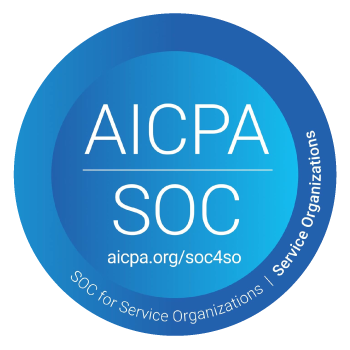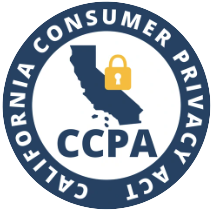Designedtosafeguardyourcustomers'data
Unified safeguards customer data by design: no data storage at rest, ever. We pair this with SOC 2 Type II, GDPR, CCPA, HIPAA, and PIPEDA certifications, plus segregated multi-region hosting.
Data handling
Unified.to uses a passthrough, no-storage architecture: customer data never resides on our servers—it's fetched live from the source, transformed and then delivered to your system in real time. To minimize exposure, Unified never stores detailed logs.
Compliance frameworks
Unified is SOC 2 Type II certified, and GDPR, CCPA/CPRA, PIPEDA and HIPAA compliant. Our no-storage architecture removes PII persistence risk, simplifying security reviews and reducing audit scope.
Request any of our security report from our Trust Center.
Encryption
All data in transit uses TLS 1.2+. Minimal operational metadata is encrypted at rest with AES-256. Customer OAuth2 credentials and end-customer API tokens can be optionally stored in our customer's own AWS Secrets Manager, Google, Azure, or HashCorp Vault.
SSO & SAML
Control access to the Unified's dashboard with SAML-based Single Sign-On. Enforce your IdP's policies (MFA, conditional access) and pair with role-based permissions and IP allowlisting.
Application security
Unified undergoes annual third-party penetration testing. Regular automated vulnerability scans are performed on containers and infrastructure. Every dev build is scanned with SAST. Runtime is covered by DAST.
IP address restrictions
Ensure only your servers can interact with Unified.to by restricting API access to specified IP addresses.
Data regions
Completely segregated data regions for maximum security.
United States
Europe
Australia
Security FAQ
Unified runs on AWS, leveraging enterprise-grade physical and network security. Customers can select any AWS region for credential and secrets storage, with multi-tenant options in the US, EU, and APAC. For enterprise deployments, we also offer single-tenant environments with isolated servers and databases on request.
Yes. Unified supports SAML 2.0 and OIDC SSO. Connect your IdP (e.g., Okta, Microsoft Entra ID/Azure AD, Google Workspace, Ping, OneLogin) to enforce org policies like MFA and conditional access. Roles (admin/member) are applied in Unified, with optional IP allowlisting and per-developer/per-environment API tokens.
Unified.to has successfully completed the SOC 2 Type 2 audit and is now fully compliant to AICPA's Trust Services Criteria 2017 (SOC 2).
For more details, please visit our Trust Center or contact us.
Unified MCP supports the hide_sensitive parameter to remove PII/sensitive data from results. This can be configured at the connection level to remove sensitive data from all tool results or selectively for specific tools. The infrastructure-level controls ensure that sensitive data is never exposed to models.
Last security review: February 2025





